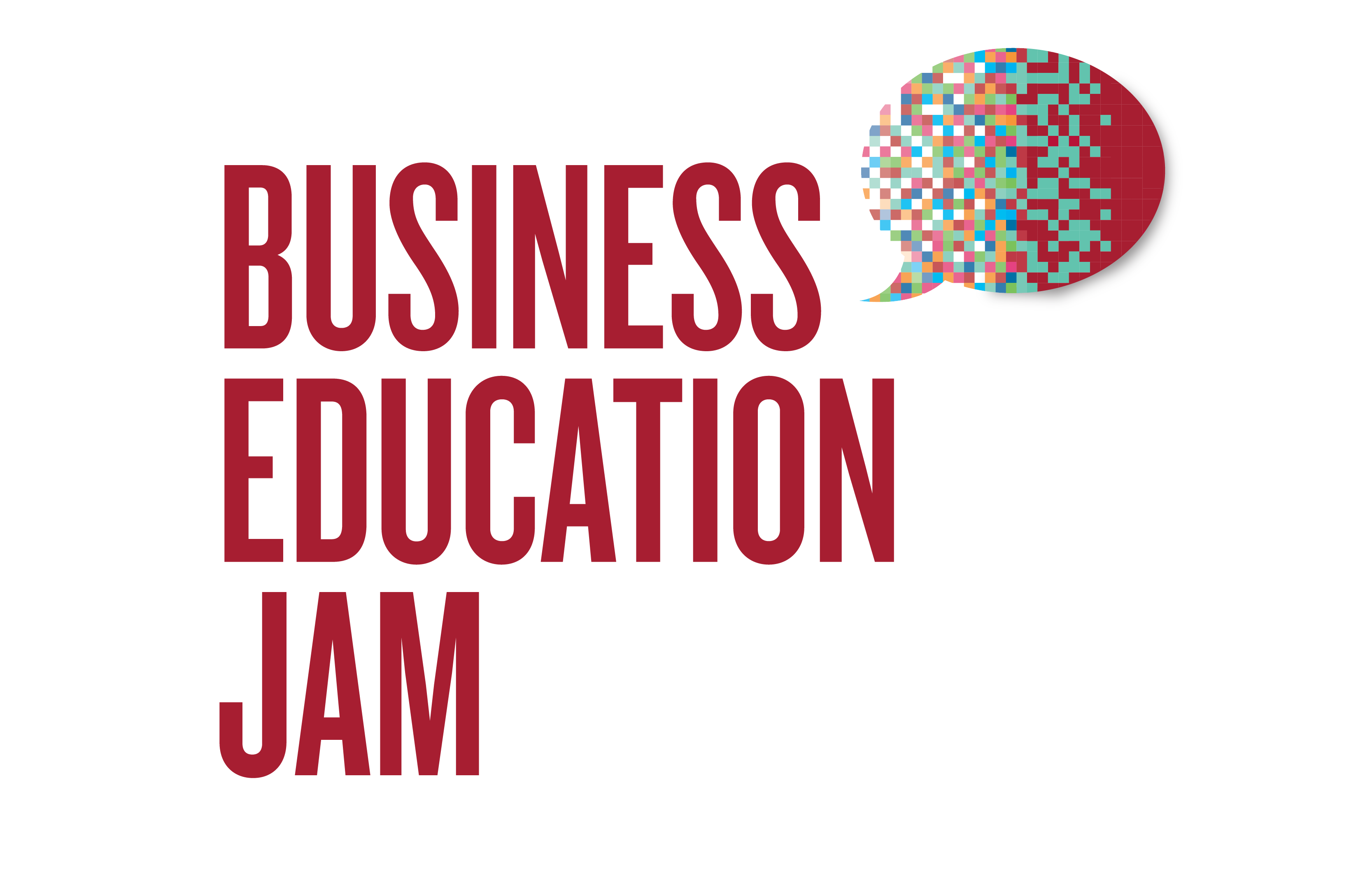Q&A with VIP Guest Martin Nisenholtz
Don’t miss Martin leading the discussion on harnessing digital technology on 10/1.
Martin Nisenholtz—Venture Partner, Firstmark Capital; Adjunct Professor, Columbia Graduate School of Journalism; Senior Advisor, The New York Times Company—talks with the Jam Team:
How would you describe industry/academia relationships today? How do you hope to describe them in five years?
Largely undisciplined and ad hoc. More research is needed to fully understand how to best leverage the relationship. In five years, I would hope that a more comprehensive body of “best practices” will emerge that will lead to better results.
What do you think the most exciting thing about the Business Education Jam is/will be?
Great content. I think the most exciting outcomes will come from the nature of this kind of collaboration. What will we learn about making collaboration of this kind more successful as digital becomes truly pervasive?
What are three things industry must do now to ensure a prepared workforce?
- Better, richer communication and collaboration between industry and academia.
- As the White House has suggested, improve STEM education at community colleges with a focus on partnerships between academia and employers.
- Be more proactive in articulating future workplace demands.
What is one piece of advice you’d give students as they pursue business education?
Online identity is critical. The networks you build begin now.
